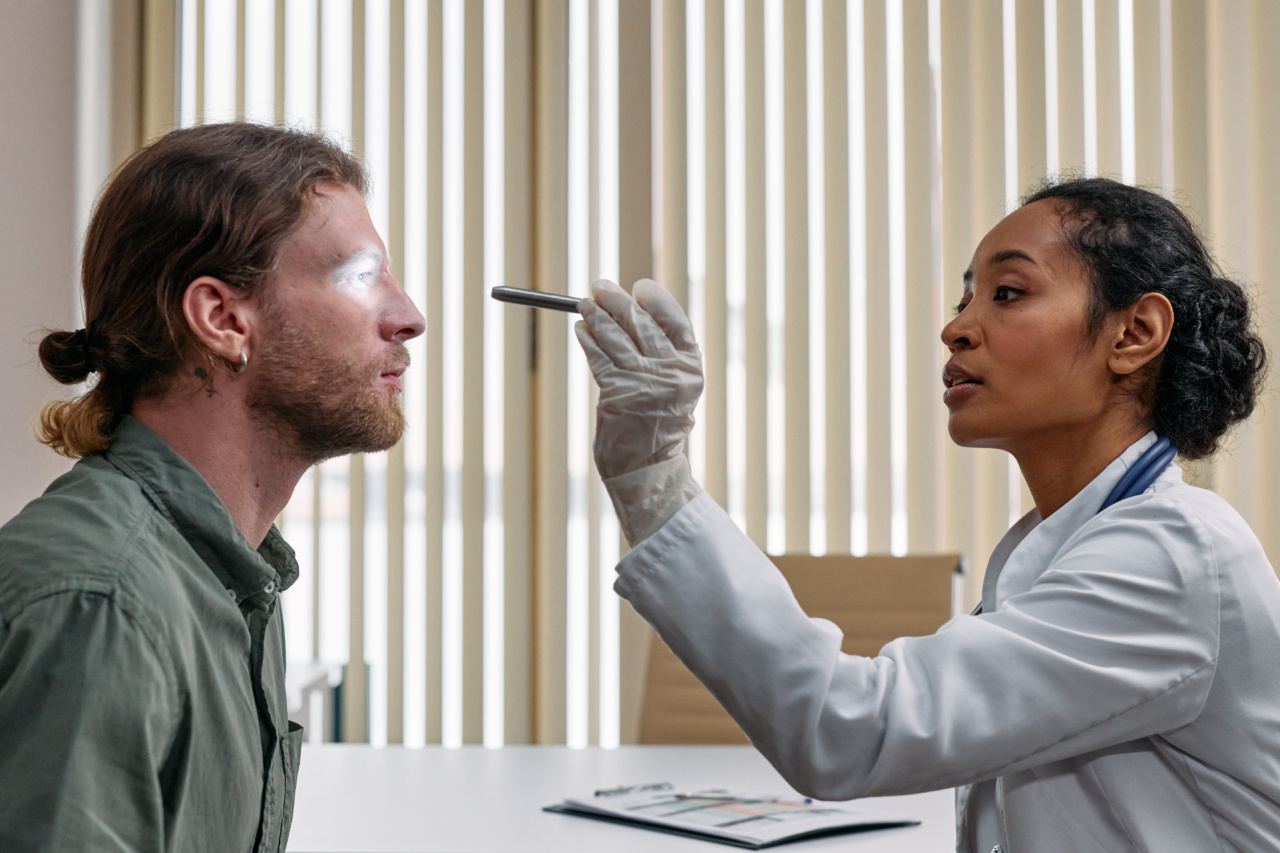If you are considering eye surgery, it is important to choose the right ophthalmologist to perform your procedure. An experienced and skilled ophthalmologist will be able to provide personalized care and ensure a successful outcome.
Here are some factors to consider when choosing an ophthalmologist for eye surgery.
1. Credentials
The first thing to consider when choosing an ophthalmologist for eye surgery is their credentials.
You want to make sure that the ophthalmologist you choose is board certified and has the necessary training and experience to perform your specific procedure. Check their education and training, as well as their board certifications and any other relevant credentials.
2. Experience
The more experience an ophthalmologist has performing eye surgery, the better. Look for an ophthalmologist who has a long history of successfully performing the type of surgery you are considering.
They should be knowledgeable about current techniques and technologies, and should be up-to-date on the latest advancements in the field.
3. Reputation
The reputation of an ophthalmologist is another important factor to consider. Read reviews from previous patients and check online ratings and testimonials. Ask for recommendations from friends and family members who have undergone similar procedures.
A good reputation indicates that the ophthalmologist has a history of providing quality care and delivering positive results.
4. Safety Record
The safety record of an ophthalmologist is another critical factor to consider. Look for an ophthalmologist who has a low rate of complications and a high success rate.
They should prioritize patient safety and take the necessary steps to minimize the risks associated with eye surgery.
5. Communication Style
The communication style of an ophthalmologist is another important consideration. You want an ophthalmologist who takes the time to listen to your concerns, answer your questions, and explain the details of your procedure.
They should be accessible and willing to address any questions or concerns you may have before, during, and after your surgery.
6. Cost
The cost of eye surgery can vary widely depending on the type of procedure and where it is performed. Look for an ophthalmologist who is transparent about their pricing and offers a detailed estimate of all associated costs.
They should also be willing to work with you to find financing options or payment plans that fit your budget.
7. Location
The location of the ophthalmologist’s office and surgical facility is another important consideration.
Look for an ophthalmologist who is conveniently located near your home or workplace, and who has a modern, well-equipped facility that meets your needs.
8. Technology
The technology used by an ophthalmologist to perform your procedure is also important. Look for an ophthalmologist who uses the latest technologies and techniques to ensure optimum results.
They should also be able to explain the technology they use and provide examples of successful outcomes.
9. Follow-up Care
The ophthalmologist’s approach to follow-up care is crucial for a successful outcome. Look for an ophthalmologist who provides detailed aftercare instructions and is available to answer questions throughout the recovery process.
They should also provide regular follow-up appointments to monitor your progress.
10. Personal Comfort
The personal connection you feel with an ophthalmologist is also important. Look for an ophthalmologist who makes you feel comfortable and at ease, and who inspires confidence in their abilities.
You should feel that you can trust your ophthalmologist to provide the care you need and make your surgery as smooth and stress-free as possible.






























